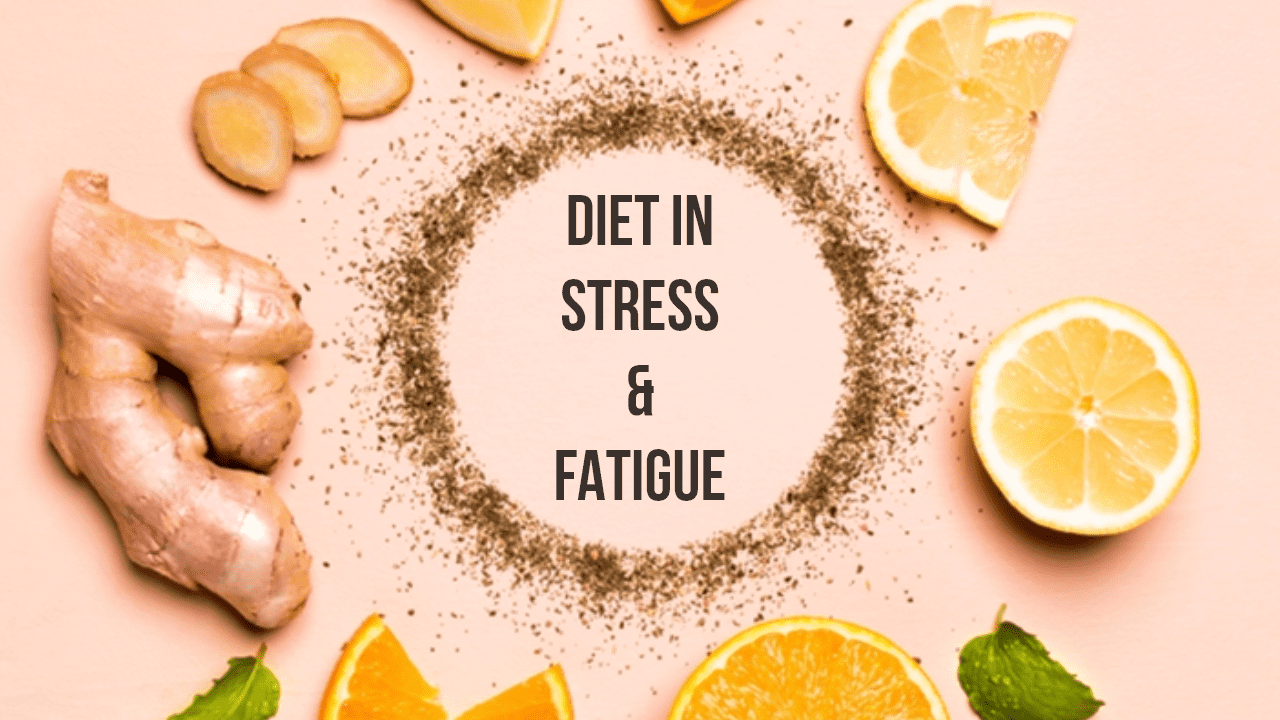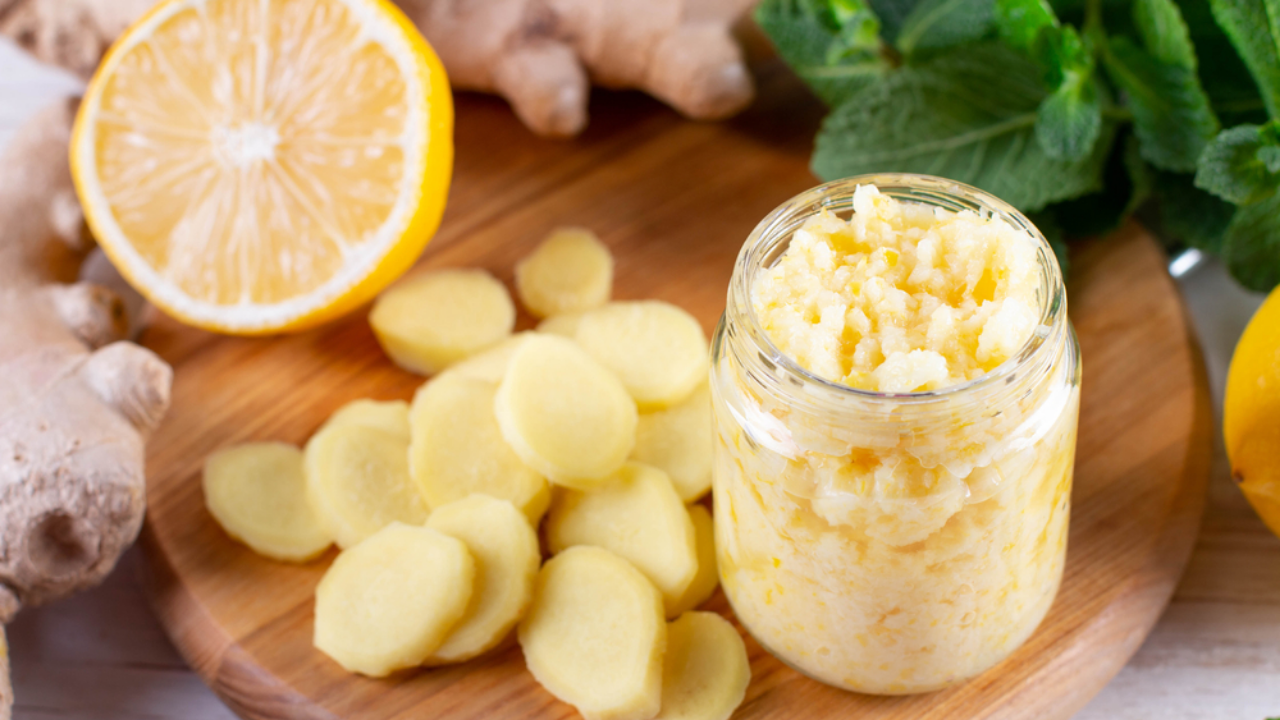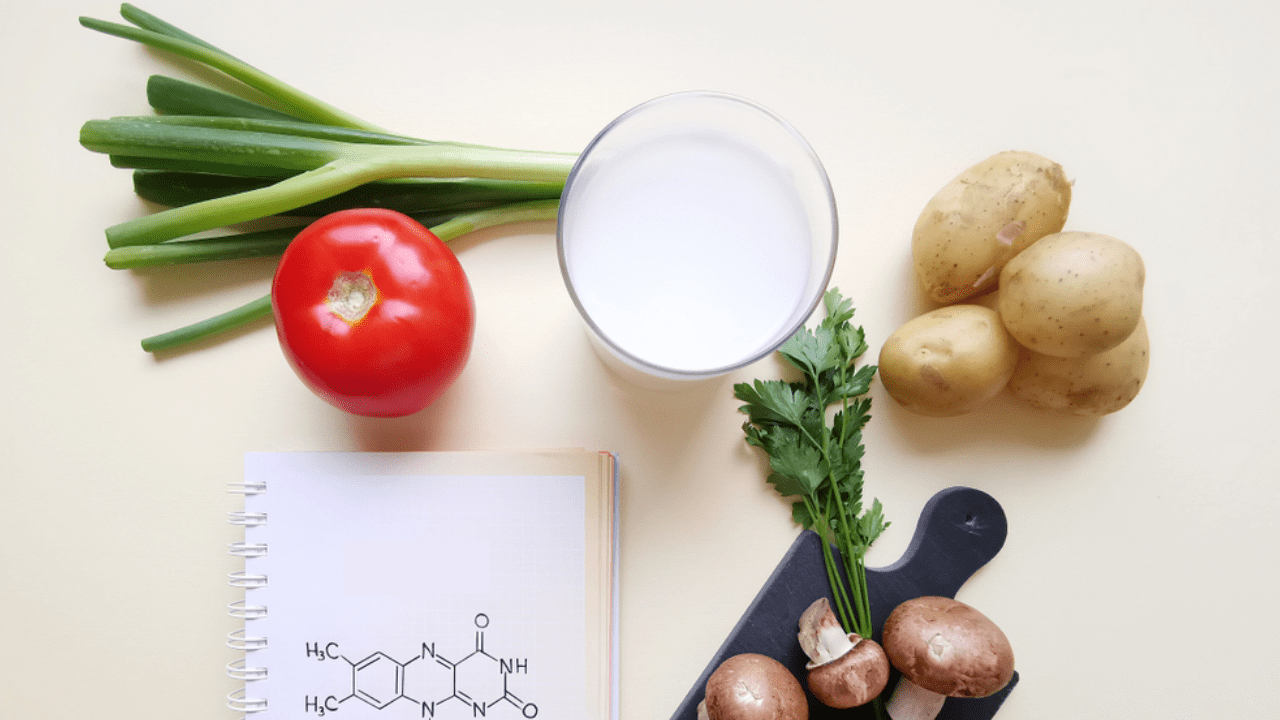
In the 21st century, stress has become an unavoidable part of our daily lives. Stress is body's reaction to any change that requires response. The body reacts to these changes with physical, mental, & emotional responses. These changes can hamper our daily progress.
It is very difficult to eliminate stress completely from our lives. Many events that happen to us or around us, & many of our own actions, put stress on the body. Our inner as well as outer world can be the cause of stress, & this can disrupt our life, emotions, behavior, thinking ability, & most importantly, our physical health.
In today’s hectic world, we tend to get pulled in different directions, & may sometimes feel like we have too much on our plate. Unfortunately, the stress from our supercharged, accelerated lifestyles can trigger emotional eating patterns that can wreak havoc on our weight & overall well-being. Because eating & lifestyle are intertwined, it’s important to find both health & happiness in all areas of life.
Our body releases a stress hormone called “Cortisol" in response to stress. Stressful events increase cortisol levels, which results in food cravings. In women, such cravings tend to be strongest for carbohydrates, especially sweet foods, because the female body is more hormonally vibrant as compared to a man
Such cravings result in binge eating or taking resort towards comfort foods during stress which include chocolates, ice creams , sweets, & fried & junk foods. Of course, there are certain foods that can offer a calming effect to the body. But there is a huge difference between tapping into a food's inherently calming properties versus using food to comfort your emotional upheaval. . That kind of eating may buy you a temporary sense of calm, but this quick fix wears off way too fast. And where does it usually leave you? At an unhealthy weight, & a toxic relationship with food.
Binge eating is not recommended. They cause unwanted obesity. Junk foods are nothing but empty calories, lacking nutrients as well as fiber. Due to the lack of fiber The high cortisol levels then create more trouble by triggering an enzyme in our fat cells. Since the fat cells in our abdomen, packed around our vital organs, have more of these enzymes than the subcutaneous fat cells (the fat on our thighs & butts, for example), stress causes many women to accumulate more belly fat. The More the stress, more the abdominal, or central obesity occurs.
So, how do we deal with this stress? Firstly, it is important to find stress-busters like exercise, dance, yoga, meditation, & breathing techniques.
You can also focus on writing positive affirmations & gratitude notes daily to lower your stress. The best way to deal with stress is to alter the thoughts you put in your head. The next best thing you can do is to focus on the food that you put in your mouth!
Let us look at some foods that help you reduce stress levels:
ASPARAGUS:
They are high in folate, which is an essential component for reducing stress. They can be steamed or added to salads.
AVOCADOS:
Rich in glutathione, a substance that specifically blocks intestinal absorption of certain fats that cause oxidative damage, avocados also contain lutein, beta-carotene, vitamin E, & more folate than any other fruit. A single serving (about one-quarter of an avocado) has plenty of B vitamins, too. You can add this to salads, dips, or toast. Due to its high-fat content, remember, moderation is the key.
BERRIES:
Blueberries have some of the highest levels of an antioxidant known as anthocyanin, & they've been linked to all kinds of positive health outcomes, including sharper cognition. But all berries, including strawberries, raspberries, & blackberries, are rich in vitamin C, which has been shown to be helpful in combating stress.
CASHEWS:
Cashews are a good source of zinc. Low levels of zinc have been linked to both anxiety & depression. Since our bodies have no way of storing zinc, it's important to get some every day. We have to maintain our portion size.
CHAMOMILE TEA:
This is probably one of the most recommended bedtime soothers around. Chamomile tea leads to a significant drop in anxiety symptoms.
GARLIC:
Garlic has powerful antioxidants. These chemicals neutralize free radicals (particles that damage our cells). Among the compounds in garlic is allicin, which has been linked to reducing the risk of heart disease & cancer.
GREEN TEA:
In addition to protecting against some types of cancer, this is a brain booster as well, enhancing mental performance.
ORANGES:
Oranges have a high vitamin C content. They help reduce stress levels & also have beneficial antioxidant properties.
OATMEAL:
A complex carbohydrate, oatmeal causes your brain to produce serotonin, a feel-good chemical. Not only does serotonin have antioxidant properties, but it also creates a soothing feeling that helps overcome stress.
Let us look at some foods that help you to induce stress levels:
ALCOHOL
Drinking alcohol can alter hormonal balance, & leave you feeling all the more stressed than before. It also results in higher blood pressure, heart rate & further triggers stress-like symptoms.
CAFFEINE
A high caffeine intake can overstimulate the adrenal glands which may result in altering nervous function. Further, the intake of caffeine can cause a rise in blood pressure & heart rate that will ultimately increase bouts of anxiety.
SUGARY DRINKS & FOODS
During a period of stress, the body releases cortisol to manage stress & sugar levels. Now, when you sugary foods, the body has to release more cortisol, & even insulin to manage blood sugar spikes. This overproduction of hormones may result in imbalance, & even to some extent, cause resistance towards hormones being produced.
PROCESSED FOODS
Foods such as chips, cookies, frozen foods, & ready-made meals are processed in nature. These are mostly high in sodium as well as sugar. Apart from an extra punch of calories, sodium causes your body to retain more fluid.
This means the heart will have to work harder to keep pumping blood, resulting in high BP, & increased heart rate.
DEEP-FRIED & FATTY FOODS
Foods high in trans fats & excessive saturated fats, such as fried foods, red meat, full-fat dairy, butter, & baked good have been shown to increase the ratio of LDL (bad cholesterol) to HDL (good cholesterol) in the blood. These foods can increase the risk of diseases such as heart disease, diabetes, obesity, & cancer. Coupled with stress, these foods are clearly a bad combination for your body.
Now that you know which foods are suitable for the body & which are not, make the best choices to manage your stress levels with the right thought in your mind, & the right food on your plate.









